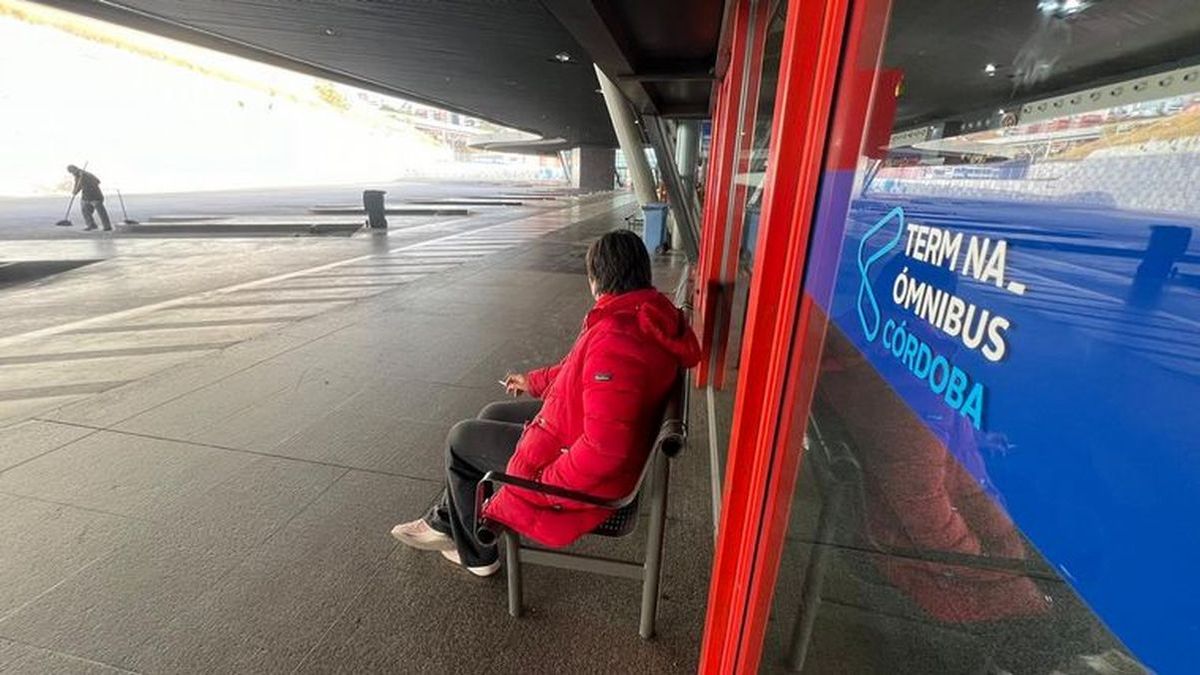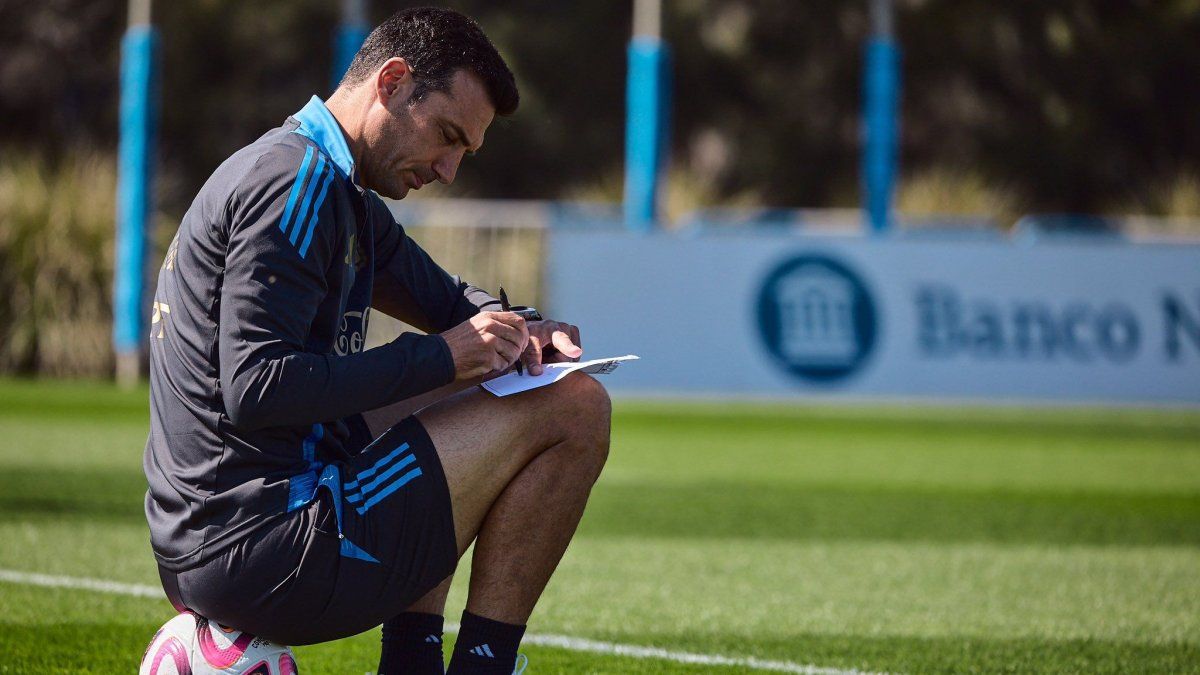The 24-hour strike of the Argentine Confederation of Transport Workers (CATT) and of the General Union of Transport Workers Associations (UGATT) It had little impact in the provinces. It was felt in the cancellation of flights, in the collection of waste in some capitals, in the supply of products for supermarkets and in the replacement of cash to banks with cash trucks, but commercial activities and The classes took place normally.
The most important thing was the high compliance in the aeronautical field, so there were almost no flights to the Norte Grande and the Central Region from the Federal Capital. The measure of force was felt in Aerolíneas Argentinas and Intercargo, GOL, Latam and Copa, and there were only minimal services from FlyBondi and JetSmart. In the case of Tucumán, 16 flights were canceled, while 8 for Salta and it was impossible to fly to Iguazú and Mendoza, among other provinces.
The impact of the transport strike in the provinces
In Mendozathe general secretary of the Truckers union, Ricardo Letardreported that compliance was 100%, that many transports “did not directly go out on the routes” and there was no waste collection in the provincial capital.. Customs employees were expected to join the protest but it did not happen and activity at the border was normal. Yes, there were delays in loading cash into the banks due to the accession of the cash truck drivers union.
In the case of Santa Fe, The national strike had two points of concentration, in Rosary and in the Belgrano Stationin the capital. At the Rosario intersection of Circunvalación and Presidente Perón avenues, there was a massive assembly of transportation unions, including aeronautical unions, who blocked the passage of vehicles every half hour and a popular pot was held. This activity lasted until 5 p.m. State unions from different departments, from education and universities, gathered at the Belgrano Station, so traffic was interrupted for several hours.
Embed – https://publish.twitter.com/oembed?url=https://x.com/cgt_camioneros/status/1851666394485580264&partner=&hide_thread=false
In relation to the Subfluvial Tunnel that connects Santa Fe and Entre Ríos, there were delays due to intermittent outages every 10 minutes due to a mobilization of students, teachers and provincial workers. River circulation was not completely paralyzed but there was a decrease that was felt, according to the sector’s unions.
In all cases, The slogans of the protesters ranged from the rejection of the defunding of public universities, the low salary of professors, researchers and non-teachers, to the repudiation of the privatization of Aerolíneas Argentinas and Belgrano Cargas, two companies that are strategic in the transportation sector. Although there were no shortages, at some service stations there were delays in the replacement of liquid fuels because the tanker truck drivers gave in to the demands.
The low presence of passenger trains in the provinces made the sector’s claim almost invisible, which also did not have the support of the Railway Union despite the fact that its owner, Sergio Sasiapresides over the Argentine Confederation of Transport Workers, organizer of the strike. It is believed that due to this position he could be displaced in the coming weeks.
Drivers and collection
In Salta, the measure paralyzed the train that connects the city of Güemes with the provincial capital, while in Córdoba the train that has services to the Sierras did not work either. Freight transportation was not 100% affected, but delays were recorded on some routes, it was indicated.
In some capitals, such as Jump, Jujuy and Tucumanwaste collection is carried out by private companies, whose truck drivers adhered to the claim and did not work. The municipal administrations asked residents to extend taking out the waste for one day but, in any case, they launched emergency operations with mobile phones and their own employees.
As the bus drivers union did not join the strike, only the intercity service in Córdoba suffered, commercial and class activity developed normally, so the measure of force did not have the impact that it did have in the community. CABA and in the Province of Buenos Aires.
The fragmentation of the CGT did not make it possible for the strike to become generalized, although there were staggered actions by some unions, such as educational ones, who asked that their claims be heard and incorporated into the debate on the 2025 Budget, in the National Congress.
Source: Ambito
I am an author and journalist who has worked in the entertainment industry for over a decade. I currently work as a news editor at a major news website, and my focus is on covering the latest trends in entertainment. I also write occasional pieces for other outlets, and have authored two books about the entertainment industry.



